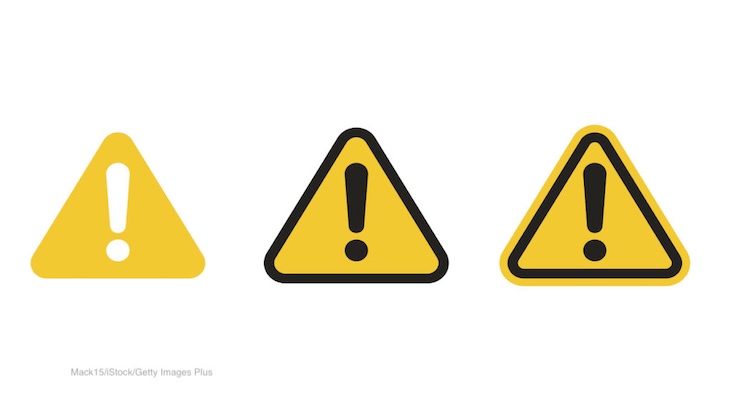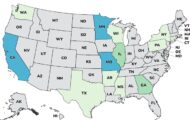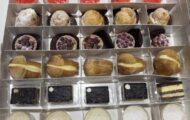Jac. Vandenberg of Yonkers, New York, is recalling 1727 cartons of Fresh Peaches, 1207 cartons of Fresh Nectarines, and 365 cartons of Fresh Plums for possible Listeria monocytogenes contamination. No illnesses have been reported to date in connection with this issue.
Routine sampling by the packing house found the pathogen in the finished products. The company has stopped distributing the fruit as they investigate.
The recalled fruits were sold at small retail establishments and several retail stores around the country:
- ALDI stores in Alabama, Georgia, Kentucky, Mississippi, North Carolina, South Carolina, Tennessee, Virginia sold the nectarines, peaches, and plums.
- Costco stores in California sold the nectarines.
- Fairway Market in New York, sold the nectarines.
- Hannaford in Maine sold the peaches.
- Market Basket in Massachusetts sold nectarines and peaches.
- Walmart stores in Maryland, New Jersey, New York, Pennsylvania, Virginia, and West Virginia sold the nectarines.
- Walmart stores in Kentucky, New Jersey, New York, Ohio, Pennsylvania, and West Virginia sold the peaches.
The peaches and nectarines were sold as a bulk retail produce with PLU stickers 4044, 3035, and 4378. They were imported from Chile.
The peaches, nectarines, and plums sold at ALDI are packaged in a 2 pound bag with the brand name Rio Duero and EAN numbers 7804650090281, 7804650090298, 7804650090304. The nectarines sold at Costco are packaged in a 4 pound plastic clamshell with the brand name Rio Duero, and EAN number 7804650090212.
If you aren’t sure whether or not you purchased these products, check with your retailer. The recall notice did not name the small establishments that may have carried the fruit.
If you bought any of these products, don’t eat them. There is zero tolerance for Listeria monocytogenes bacteria in ready-to-eat products. You can either throw the fruit away in a sealed package, or take them back to the store where you purchased them for a full refund.
You should then clean out your refrigerator or pantry with a mild bleach solution. Listeria monocytogenes bacteria can be persistent in moist environments like the fridge. The pathogen grows at refrigerator temperatures. Wash your hands thoroughly with soap and water after handling the fruit.





